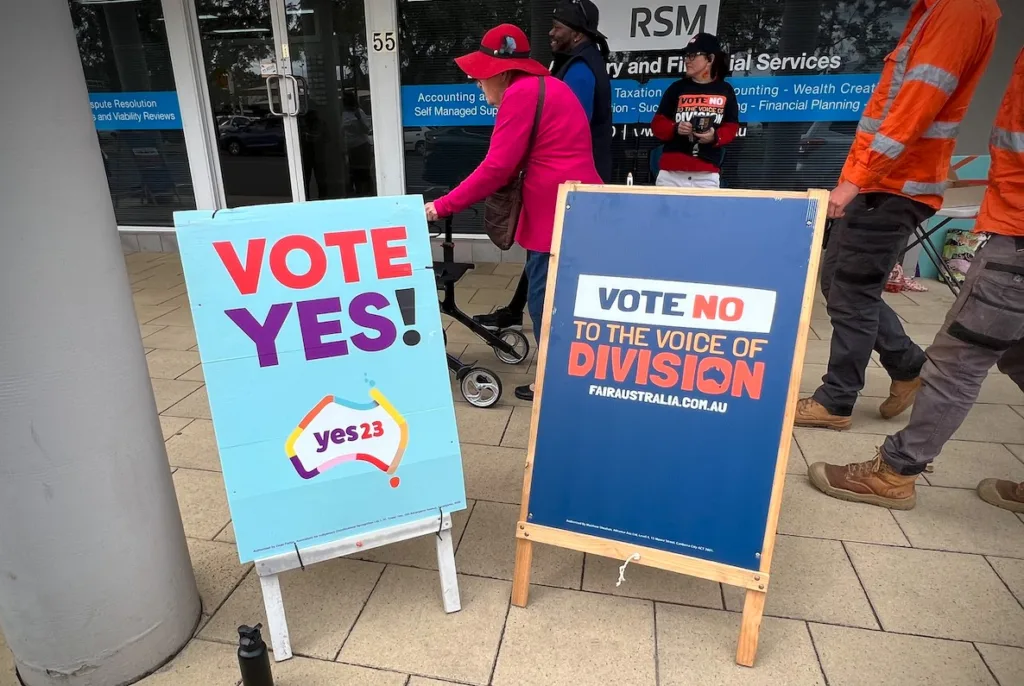The recent Australian Voice to Parliament referendum has deepened existing divides, laying bare a nation grappling with its own complexities. Results highlight a stark urban-rural split, with cities favouring the proposal while rural areas vehemently oppose it.
COMPLEX PERSPECTIVES
The diverse opinions revealed in the referendum emphasise the intricate web of perspectives within the Australian electorate. Rather than fostering unity, the process has exposed fractures in the national narrative, leaving the country in a state of flux.
URBAN-RURAL SCHISM
The most glaring revelation is the urban-rural divide. Urban centres embrace the proposal, envisioning a more inclusive future, while rural areas, tethered to tradition, reject it. This clash raises questions about the compatibility of a singular national narrative.
No votes were cast by 70% of Queenslanders, 64% of South Australians, 63% of Western Australians, and 59% of Tasmanians. The referendum needed an overall majority in at least four states to pass. As the aftermath continues, the pressing question remains: Is the proposal a step towards inclusivity or a recipe for more strife?




